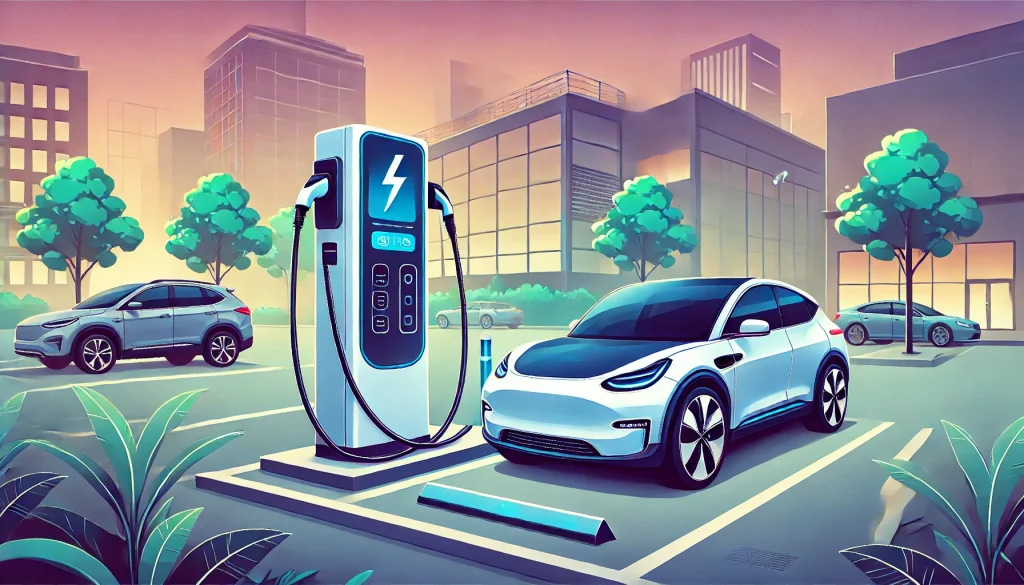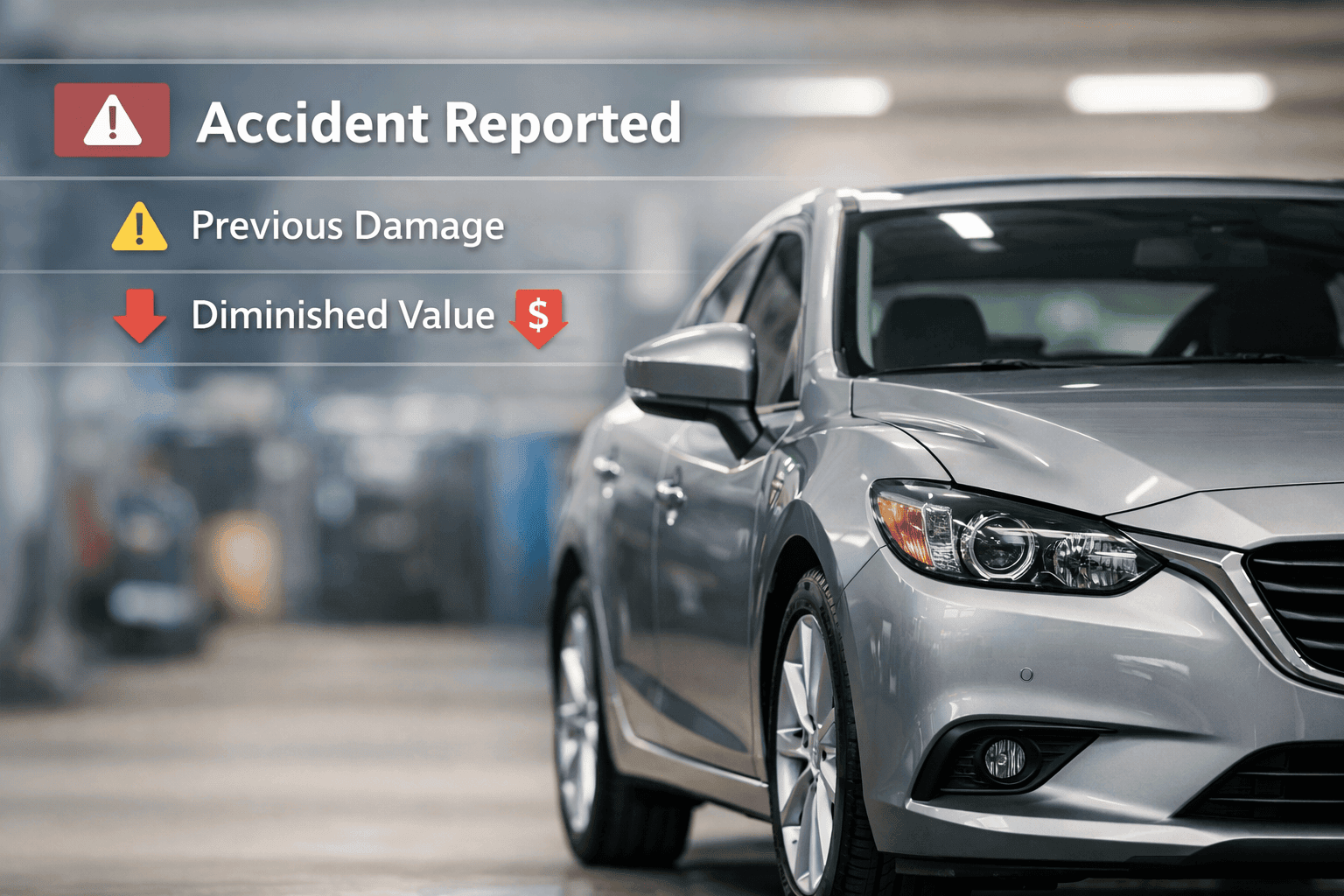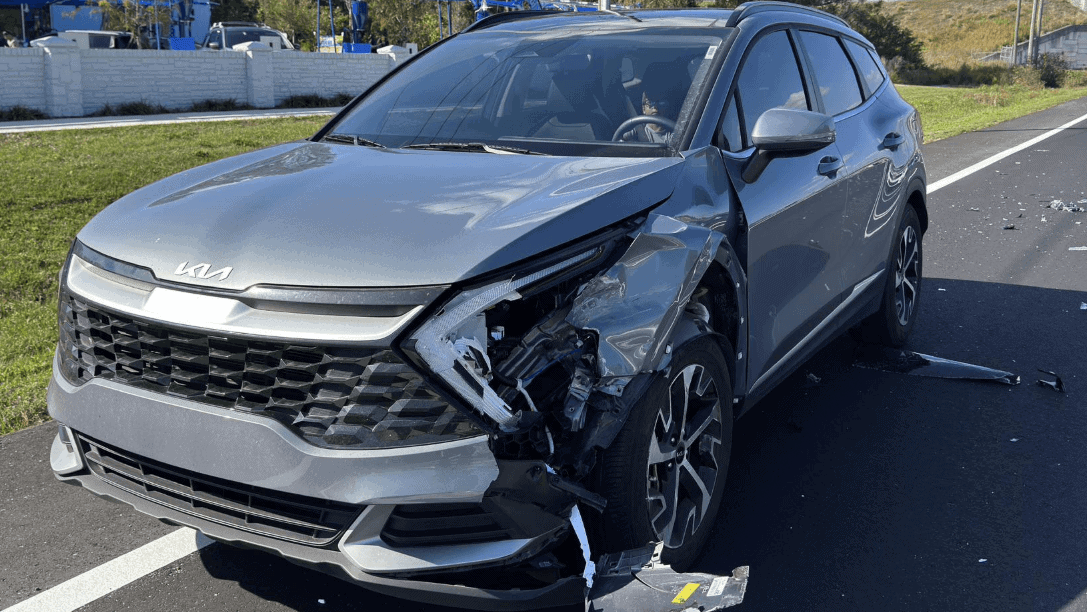Electric vehicles (EVs) are the future. Governments are backing them, automakers are investing billions into their development, and people are trading in their old gas cars to get behind the wheel of these sleek, eco-friendly machines. But, here’s the kicker: EVs lose value faster than gas-powered cars, often much faster than most buyers expect. Surprising, right?
We’re used to thinking of electric vehicles as high-tech, next-gen investments, but what many don’t realize is that their rapid depreciation can turn what seems like a smart buy into a financial loss down the road.
Let’s dig into why EVs’ loss of value is faster than gas-powered vehicles—and some of the reasons might surprise you.
DOWNLOAD: “Why EVs Lose Value Faster Than Gasoline-Powered Cars”.PDF
1. Battery Degradation: The Elephant in the EV Room
At the heart of every electric vehicle is its battery, and here lies one of the biggest culprits behind EVs’ rapid depreciation. Batteries, especially the lithium-ion type that powers most electric cars, degrade over time. It’s not just about losing charge more quickly—it’s about losing range.
When you first buy a shiny new EV, it might give you a driving range of 300 miles. But after a few years of use and hundreds of charging cycles, that range can drop significantly. Buyers on the used car market are well aware of this, and for many, a shorter range means a lot less value. No one wants a car that can only go 150 miles on a full charge, especially when newer models are hitting 350+ miles.
The fear of having to replace an expensive battery pack is another reason why buyers stay away from older EVs. Even though manufacturers offer warranties on batteries (usually 8 years or around 100,000 miles), the concern of dealing with a degraded battery drives down resale prices. It’s kind of like buying a phone with a half-dead battery—no thanks.
2. Technology: Too Fast, Too Furious
We love the latest tech, don’t we? But in the world of EVs, rapid advancements in technology can be a double-edged sword. While it’s great for progress, it spells disaster for depreciation. EV technology evolves faster than gas-powered cars, meaning each new generation of electric vehicles is leaps and bounds ahead of the previous one.
For example, if you bought an EV in 2018, you probably thought it was cutting-edge. Fast forward to today, and 2024 models boast longer battery ranges, faster charging times, improved self-driving features, and smarter software. The older models suddenly seem outdated, even if they’re only a few years old. This makes it much harder to sell an EV without taking a significant hit on its value.
It’s the same reason why that high-end smartphone from three years ago is now selling for peanuts—tech moves fast, and EVs are no exception. Gas-powered cars, on the other hand, evolve more slowly. Sure, you get updates and refinements, but a 5-year-old gas car doesn’t feel as outdated as a 5-year-old EV, making it hold onto its value better.
3. EV Incentives and the Push for New Models
Governments around the world are offering attractive incentives and rebates to buyers of new electric vehicles, from tax credits to cash rebates. These incentives are great for buyers—but they wreak havoc on the used EV market.
Why? Well, if someone can get $7,500 off a brand-new EV thanks to a tax incentive, they’re probably not going to pay a near-new price for a used one. This artificial price reduction on new EVs pushes down the prices of used models. It’s the same logic as why you wouldn’t pay nearly full price for last year’s model of a smartphone when you can get a rebate on the latest version.
The used gas car market doesn’t face this problem. Sure, some countries have tax breaks on hybrids or efficient gas models, but they’re nowhere near as significant as EV incentives. This government push for newer electric vehicles essentially undercuts the resale value of existing EVs, making it harder for sellers to get a good price.
4. The Fear Factor: Range Anxiety and Infrastructure Issues
Even though electric vehicle charging infrastructure is expanding, range anxiety still lingers, especially for used EV buyers. Range anxiety is the fear that an EV won’t have enough battery to get you where you need to go, and this concern is more pronounced for older EVs that may not have the extended ranges of newer models.
A used EV with 150 miles of range might feel like a bargain—until you start thinking about long trips, road closures, or detours that might leave you stranded. On the flip side, a 10-year-old gas-powered car still has the same gas tank capacity and access to millions of gas stations across the country. You won’t need to plan your trips around charging stops or deal with the slow process of waiting for a charge.
This makes buyers a bit wary of diving into the used EV market unless they’re sure they can manage the range and have easy access to chargers. Unfortunately, this concern drives down demand and, consequently, resale value.

5. Limited Pool of Buyers for Used EVs
One aspect that most people don’t talk about is the smaller buyer pool for used electric vehicles. Not everyone is ready to switch to electric just yet. While EVs are growing in popularity, there are still plenty of people sticking with gas-powered cars, either because they don’t trust the technology yet, don’t have easy access to charging infrastructure, or simply prefer the familiarity of a gas engine.
This creates a smaller market for used EVs compared to used gas cars. The more niche the market, the harder it is to sell, and the faster prices drop. With fewer buyers interested, sellers have to reduce prices to stay competitive. It’s basic supply and demand—less demand means lower prices.
6. Leasing Dominates the EV Market
Here’s something that often flies under the radar: a significant portion of EV buyers are leasing, not buying. Why? Because EVs are evolving so quickly, many consumers prefer to lease and upgrade to the latest model when the lease is up. Leasing allows them to enjoy the newest tech without worrying about depreciation.
But when these leases end, the market becomes flooded with off-lease EVs, which further drives down prices. With so many relatively new electric vehicles hitting the used market at the same time, it becomes a buyer’s market, and prices fall. Gas-powered cars, while also available for lease, don’t see this same level of mass turnover, meaning their used market is more stable.
Conclusion
The future is electric, no doubt about it. But as we’ve seen, electric vehicles lose value faster than gas-powered cars for a variety of reasons—battery degradation, rapid technological advancements, government incentives, range anxiety, and a limited pool of buyers.
While EVs offer significant benefits in terms of running costs and environmental impact, the depreciation factor is something potential buyers should keep in mind, especially if they plan to sell down the road.
So, should you be worried about EV depreciation? Well, that depends. If you’re buying an EV to keep long-term and benefit from the lower running costs, depreciation might not matter as much to you. But if you’re planning on selling or upgrading in a few years, it’s worth considering how fast your EV might lose value.
As electric vehicles continue to improve and become more mainstream, will we see depreciation rates level out—or will the rapid pace of innovation keep driving down resale values? What do you think?





